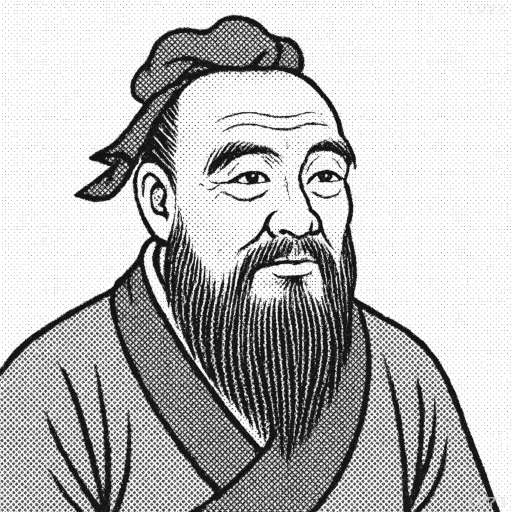“Real knowledge is to know the extent of one’s ignorance.”

- 551 BC – 479 BC
- Han ethnicity
- Philosopher, educator, politician
table of contents
Quote
“Real knowledge is to know the extent of one’s ignorance.”
Explanation
In this saying, Confucius emphasizes that true wisdom begins with recognizing the limits of one’s own understanding. He believed that humility and self-awareness are essential for genuine learning. Those who acknowledge their ignorance are more open to growth, as they continuously seek to expand their understanding rather than assuming they already know everything. For Confucius, real knowledge is rooted in a balanced perspective, where one values what they know but is equally aware of what they have yet to learn.
This insight is particularly relevant in today’s world, where information is readily available, and assumptions about knowledge can lead to overconfidence. Being aware of one’s limitations allows for a more thoughtful and inquisitive approach to life. For instance, a professional who understands the boundaries of their expertise is more likely to seek advice, collaborate with others, or continue their education, avoiding costly mistakes and fostering continuous improvement. Similarly, in personal relationships, being open about what we don’t know or understand can lead to deeper connections and authentic communication.
Confucius’s teaching reminds us that wisdom grows from humility. By embracing our own ignorance, we create a foundation for lifelong learning and a deeper appreciation of knowledge itself. This approach enables us to approach the world with curiosity, respect for diverse perspectives, and a commitment to self-improvement and intellectual honesty.
Would you like to share your impressions or related stories about this quote in the comments section?





